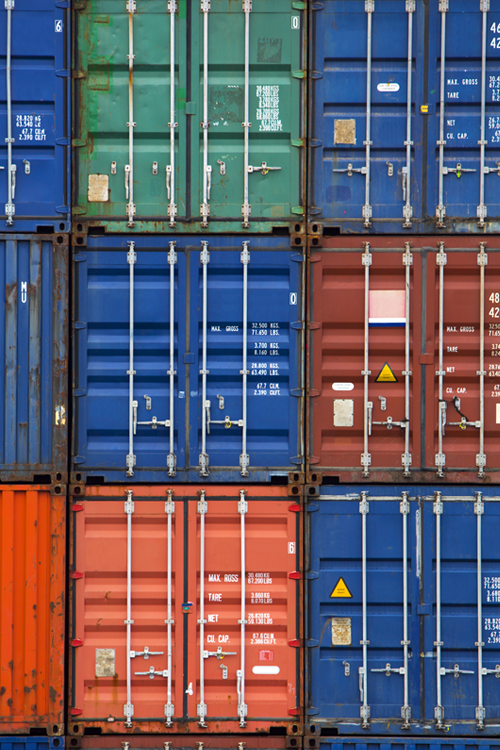Readers may recall a previous article on the decision of the Federal Court of Canada in DHL v CA-CGM, involving an underlying dispute over approximately $680,000 in demurrage charges on a cargo shipped from Halifax to Ho Chi Minh City but ultimately abandoned by the consignee.
The carrier brought a suit in the Courts of Marseille pursuant to the bill of lading’s jurisdiction clause against a number of parties, including the forwarder, on the basis that they were liable for those charges under the definition of “Merchant” in the carrier’s bill of lading.
The forwarder brought an application before the Federal Court for an anti-suit injunction, essentially asking the Court to confirm that the forwarder was not a “Merchant” and therefore subject neither to the jurisdiction clause nor to liability for demurrage charges. That application was rejected, and the forwarder appealed.
Since that update, the appeal has been dropped and the underlying demurrage claim apparently settled. While this is of course a good outcome for the parties, it leaves us with more questions than answers.
What is the true scope of the “Merchant” clause? Anecdotally, carriers appear to have become somewhat more aggressive in attempting to recover these charges from Canadian forwarders, possibly in reliance on the Federal Court’s decision. In my opinion, however, that decision is very restricted:
• It was a claim for an anti-suit injunction by the forwarder, not a claim for demurrage by the carrier. At all times not only was the burden on DHL to prove its case, but to the very high standard required to obtain a mandatory injunction. While DHL failed to meet that high burden, that does not mean that the carrier would have succeeded in proving the opposite case against the forwarder as plaintiff in Marseille.
• On the particular facts, the Forwarder not only held the Bills of Lading, but exercised their legal rights as holders to stop the goods pending payment of freight. The claim in Marseille might have determined whether this actually caused the abandonment and damages, but in any event the Federal Court decision merely confirms that if you exercise your rights as the BL holder, you will be considered a BL holder. Had the stoppage and abandonment occurred without any intervention by DHL – if they had never exercised their rights under the BL – then the Court may not have considered them bound as a “Holder” under the Merchant clause.
• In any event the Court only determined that DHL should have to make its defence to the claim as brought in Marseille, and nothing about its actual liability for these demurrage charges or for charges generally.
• As both appeal and claim were settled on a confidential basis, general concerns with demurrage claims were not tested. For example, plaintiffs have an obligation to mitigate damages, and therefore in the case of such substantial charges there may be evidence that the carrier could have and should have taken steps to dispose of or return the goods to mitigate those losses, limiting the liability of any Merchant. Similarly, demurrage charges are arbitrary and in the nature of a penalty for failure to return, rather than commercial costs borne by the carriers. Where these charges are excessive they represent a windfall to the carrier and principles of law or equity might limit those damages, for example to the replacement cost of the container.
Forwarders – and carriers – should view this decision as extremely limited in scope, and certainly not as a decision that establishes that forwarders acting in their capacity as agents only will be considered “Merchants” or that they will be liable for demurrage charges owed by their disclosed principals. Forwarders who have acted as agent only, and not contracted directly as NVOC, should continue to resist these commercial claims by directing the carrier to their principal contracting parties, the shipper and consignee.
Of course, forwarders should seek the advice of a qualified lawyer in their jurisdiction before making any decision about their response to possible claims, in addition to notifying their insurers.




